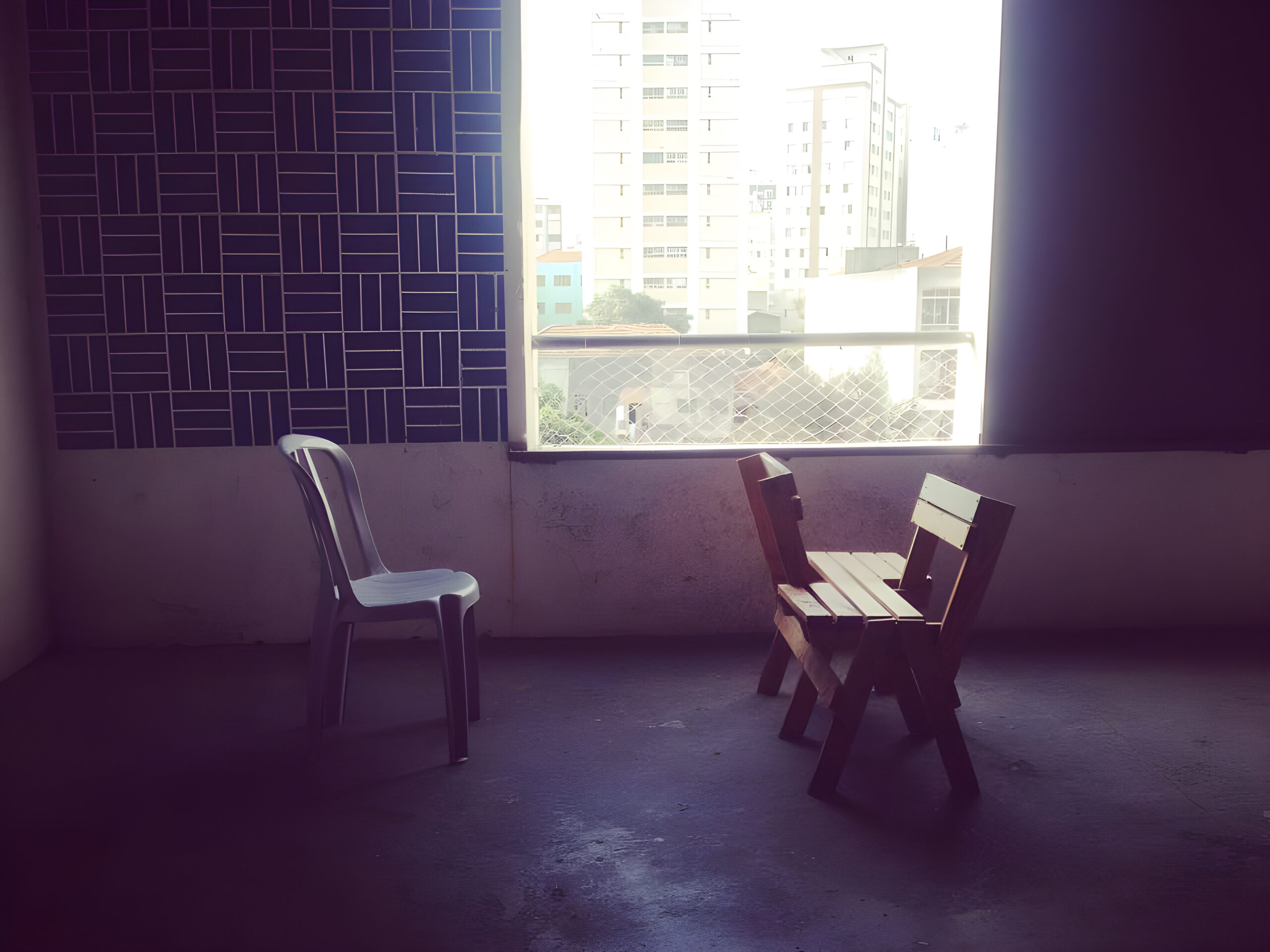The FREEPSY research collective is thrilled to announce that we are going to be part of the Association for Psychosocial Studies (APS) and Association for Psychoanalysis Culture and Society (APCS) 2024 Joint Conference, happening on the 17th and 18th of June, 2024, at St Mary’s University Twickenham, in London, UK.
The field of Psychosocial Studies expanded in the UK over the 2000s and is now an established field of enquiry that combines various disciplines from the humanities, social sciences, arts, philosophy, feminism and decolonial studies, critical theories and, chiefly, psychoanalysis. We now count with important journals, research hubs, publications and, most of all, with a vibrant international community of scholars and practitioners. An occasion such as the APS & APCS joint conference is an important opportunity to celebrate the creative rigour of our field, exchanging ideas and consolidating connections.

This year’s overall theme for the conference is “Learning or not learning from experience: Psychosocial approaches to researching and experiential learning”. FREEPSY is hosting a full panel on the theme of Free Clinics and the (re)inventions of Psychoanalysis, and we would like to invite all colleagues to join us in person or remotely on Tuesday, the 18th of June, in the morning.
You can browse the full programme of the event here [https://www.conftool.net/aps-apcs-2024/sessions.php]. It is, as you can see, a huge event!
For registration or further enquiries, follow this link [https://www.psychosocial-studies-association.org/conference-2024/].
Find below a full description of our panel. We look forward to seeing you there!
Free Clinics and the (re)inventions of Psychoanalysis – FREEPSY at the Association for Psychosocial Studies (APS) and Association for Psychoanalysis Culture and Society (APCS) 2024 Joint Conference
This panel brings together an interdisciplinary collective – including psychosocial researchers, psychoanalysts, cultural historians and an artist – working on progressive histories and practices in psychoanalysis, with a focus on free psychoanalytic clinics. In the spaces of free clinics, therapists offer psychoanalysis to marginalised individuals and groups, while also reconsidering the very pillars of psychoanalytic theories and techniques from a psychosocial ground. Drawing on theoretical, historical, ethnographic and artistic work aimed at producing a new figuration of psychoanalysis as a radical form of care, we ask a series of interrelated questions, centred around the processes of learning and unlearning alive in free clinics.
Together we will consider historical and contemporary accounts of re-invention of psychoanalytic praxes, which unfold from the creativity of clinical work conducted in what we broadly call ‘free clinics’. Such clinics, marginalised from official psychoanalysis historiography in their own way, are psychosocial from the get-go: ranging from alternative care space for children in the early 20th century England, to the now more well-known 1930s Berlin Polyclinic and Vienna Ambulatorium to a series of collectives offering psychoanalysis on the streets of Brazil in recent years. A significant part of what sustains these spaces is a disposition to interrogate positions of knowing and not knowing in the field of mental health care, re-politicising an understanding of the unconscious, transference, fantasy and symptoms. In this sense, and as observed in the field, a commitment to experimenting with pedagogies of unlearning – unlearning some of the blind spots of psychoanalysis on class, race, gender – gives consistency to the possibilities of inventing something new, including new clinical dispositifs.
Our panel proposes a creative format, combining individual paper presentations, and a presentation of artistic practice, co-authored by the artist and their collaborator. A sculpture will be displayed during the panel. Our process as an interdisciplinary collective is important for our work, so we also include three short interventions by a psychosocial thinker, which will make the transitions between the four moments.
Speakers:
- Ana Čvorović
- Ana Minozzo
- Ana Tomcic
- Julianna Pusztai
- Lizaveta van Munsteren
- Raluca Soreanu


